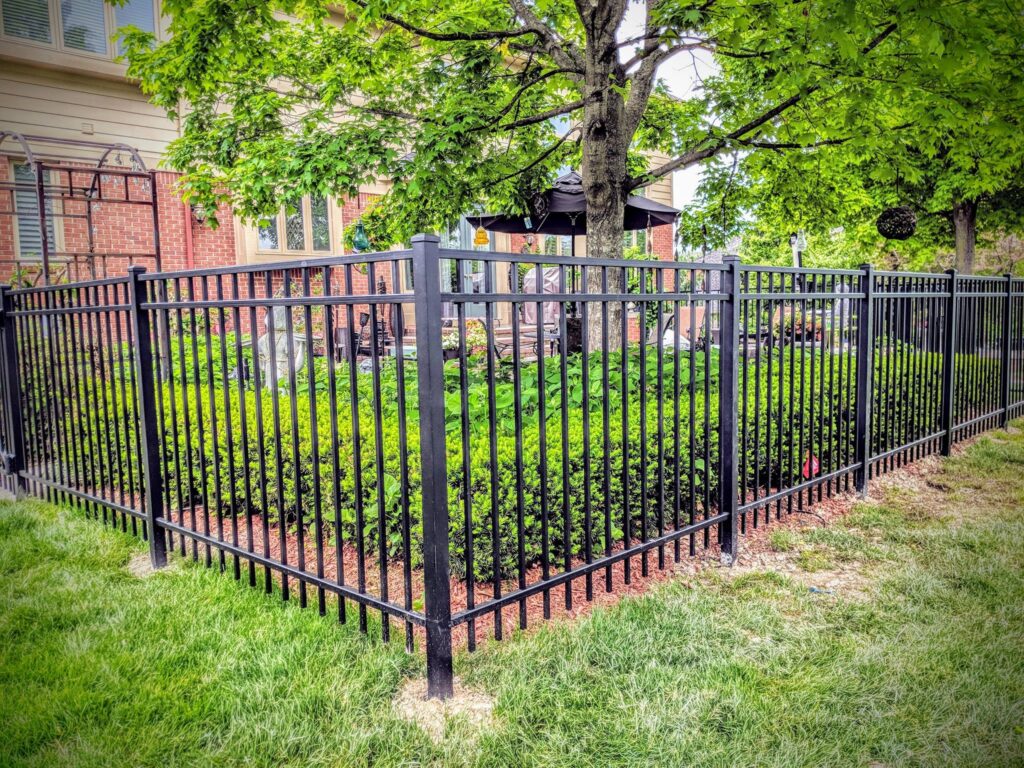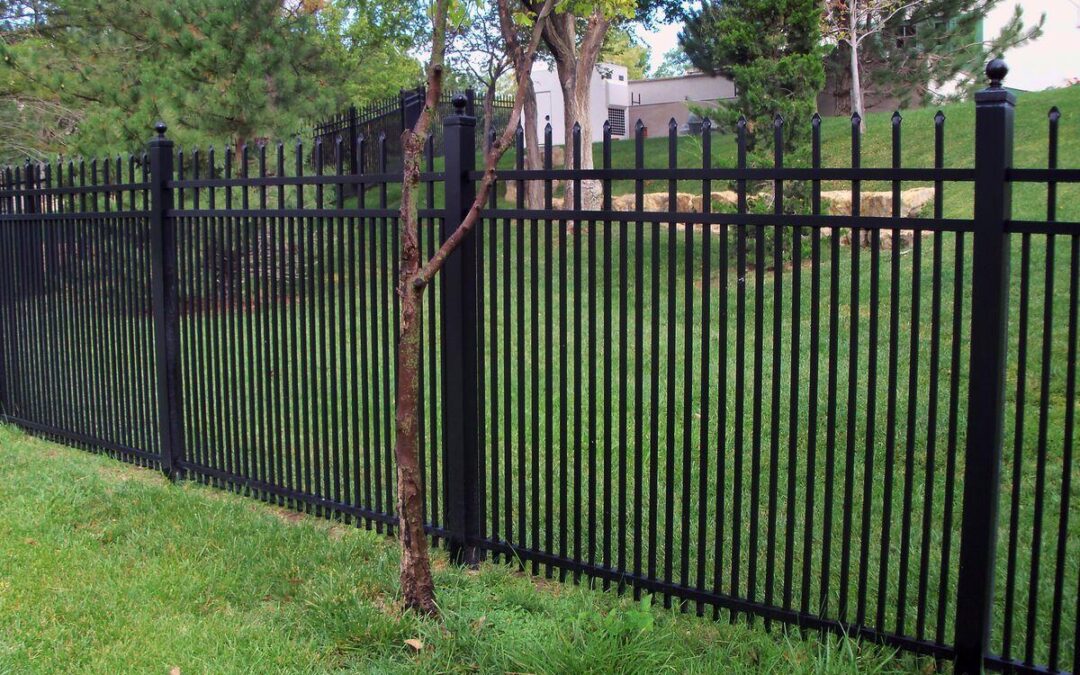Homeowners and property managers have a variety of fencing options to consider when it comes to securing and beautifying their premises. Aluminum fencing is one such option that has grown in popularity over the years. As with any home improvement decision, understanding the advantages and drawbacks of aluminum fencing will help you make an informed choice. Let’s delve into the pros and cons of this fencing material.
Pros of Aluminum Fencing
- Durability and Low Maintenance: Unlike wood that can rot or warp and iron that can rust, aluminum fencing is resistant to many of the common issues that can compromise a fence’s structural integrity. It does not corrode easily, ensuring a longer lifespan. Additionally, it requires very little maintenance. An occasional rinse with a garden hose can keep it looking new for years.
- Aesthetic Appeal: Aluminum fences come in a wide array of designs, from the simple to the intricate, mimicking the elegance of wrought iron fences at a fraction of the cost. This allows homeowners to enhance the curb appeal of their property.
- Eco-Friendly: Aluminum is recyclable, and many aluminum fences are made of recycled materials. If you’re conscious about reducing your environmental footprint, this is a fence material that aligns with such values.
- Cost-Effective in the Long Run: While the upfront cost of aluminum fencing might be higher than some other materials like wood, the low maintenance and longevity of aluminum can make it more cost-effective over time.
- Resistance to Weather: Aluminum fencing holds up well under various weather conditions, be it rain, snow, or intense sunlight. The powder coating applied to these fences prevents them from fading or chipping, retaining their color and sheen for a long duration.
- Flexibility: Given its malleable nature, aluminum can be tailored to fit uneven landscapes without the need for awkward gaps or transitions, which might be necessary with other fencing materials.
Cons of Aluminum Fencing
 Strength Limitations: While aluminum is sturdy for most residential needs, it doesn’t match the strength of wrought iron or steel. For properties that require heavy-duty protection, aluminum might not be the best choice.
Strength Limitations: While aluminum is sturdy for most residential needs, it doesn’t match the strength of wrought iron or steel. For properties that require heavy-duty protection, aluminum might not be the best choice.- Upfront Costs: The initial expense for aluminum fencing is higher than options like wood or chain-link. Though the long-term benefits might outweigh these costs, homeowners on a tight budget might find the initial investment daunting.
- Limited Privacy: Standard aluminum fences are not designed for privacy since they have spaces between the pickets. If privacy is a priority, you’d need to consider adding panels or choosing a different fencing material altogether.
- Potential for Dents: While aluminum resists corrosion and weather-related damages, it can be prone to dents upon heavy impact. This might not be ideal for areas with high physical activity or potential for contact with heavy equipment.
- Complex Installation: Proper installation of aluminum fencing requires precision, especially when dealing with a sloped landscape. While DIY enthusiasts might take on the challenge, many homeowners prefer to hire professionals, which can add to the overall cost.
Aluminum fencing offers a blend of aesthetic appeal, durability, and eco-friendliness that many homeowners find appealing. Its low maintenance requirements and resistance to various weather conditions further enhance its allure. However, it’s essential to balance these advantages against potential drawbacks like its strength limitations and initial costs.
Before making a decision, it’s crucial to evaluate your property’s specific needs and your long-term goals. If you’re looking for a relatively low-maintenance option that enhances curb appeal and offers a reasonable degree of security, aluminum fencing is worth considering. On the other hand, if your primary concerns are privacy or heavy-duty protection, you might want to explore other fencing materials. Regardless of your choice, always ensure proper installation to maximize the lifespan and benefits of your chosen fence.

